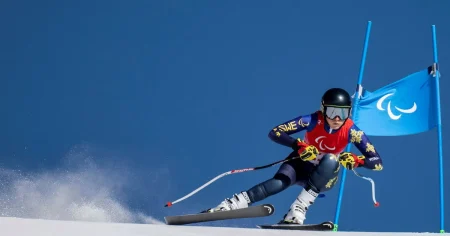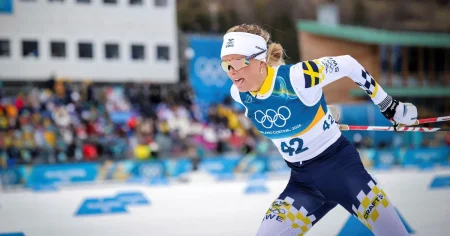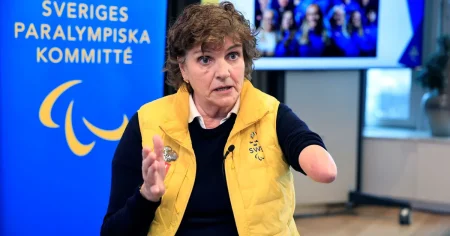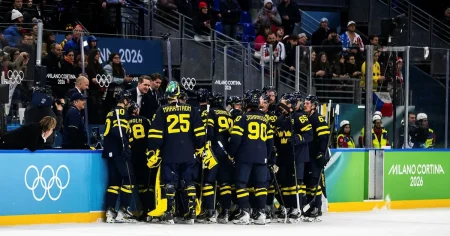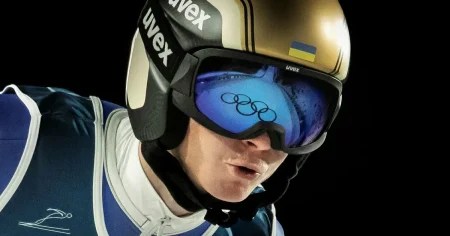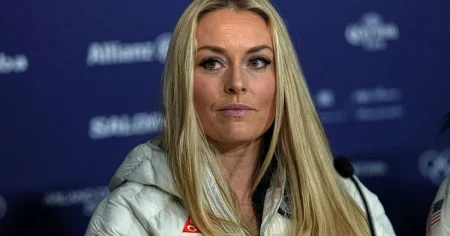Johannes Høsflot Klæbo, the 28-year-old Norwegian skiing superstar, has unfortunately contracted a cold during the opening weekend of the skiing season in Ruka. As a result, he is not yet fit to compete in the first race scheduled in his home country, as confirmed by the Norwegian Ski Federation. Team doctor Ove Feragen stated that they will conduct continuous assessments leading up to the weekend’s events, specifically for the races taking place on Saturday and Sunday. Klæbo previously won the sprint event in Ruka but was unable to participate in the 20-kilometer race the following day due to mild cold symptoms.
The situation is not unique to Norway; the Swedish contingent has also been impacted by illnesses among its athletes. Jens Burman had already been ruled out of competing in Friday’s race, but has now also been forced to withdraw from the skiathlon on Sunday. In his place, Johan Häggström will step in to compete. Meanwhile, Edvin Anger has opted to sit out Friday’s race to recover fully and prepare for Saturday’s sprint event, with Alvar Myhlback taking his spot in the 10-kilometer race.
The competition schedule at Lillehammer is robust, featuring events across different disciplines for both male and female athletes. On Friday, the plan includes a 10-kilometer freestyle race for both genders. This event will be a crucial test for the competitors as they gauge their performance and fitness early in the season. Following this, on Saturday, athletes will compete in sprint events, again in freestyle, which are expected to delight spectators with their fast-paced action. Finally, the weekend will culminate in the skiathlon, taking place on Sunday, which combines both classic and freestyle techniques and is set to challenge the endurance and skill of all participants.
The illness affecting key athletes like Klæbo and Burman demonstrates how unpredictable and challenging sports can be, particularly in the early season when competitors are coming off a period of training and preparing to return to competitive form. Such setbacks not only disrupt individual athlete’s plans but can also shift the overall dynamics within national teams, potentially affecting their performance in team competitions.
Dropping out of races not only affects the contenders’ chances for individual glory but also impacts their overall rankings and points in the season’s standings. For Klæbo, this is particularly significant as he seeks to defend his titles and maintain his position as one of the top skiers in the world. Similarly, Burman’s absence from the skiathlon not only removes a competitive presence from the race but can also alter the strategies employed by his teammates as they adjust to the absence of a key contributor.
As the weekend’s events approach, teams will be eager to see how well their able competitors can perform and how quickly Klæbo can recover. With constant evaluations in place regarding athlete health and readiness, teams like Norway’s and Sweden’s must navigate the realities of illness while remaining focused on their goals for a successful season in the world of competitive skiing. The Lillyhammer competitions will not only highlight rising talents but also test the resilience of seasoned veterans as they contend with challenges that affect their preparedness and performance.






